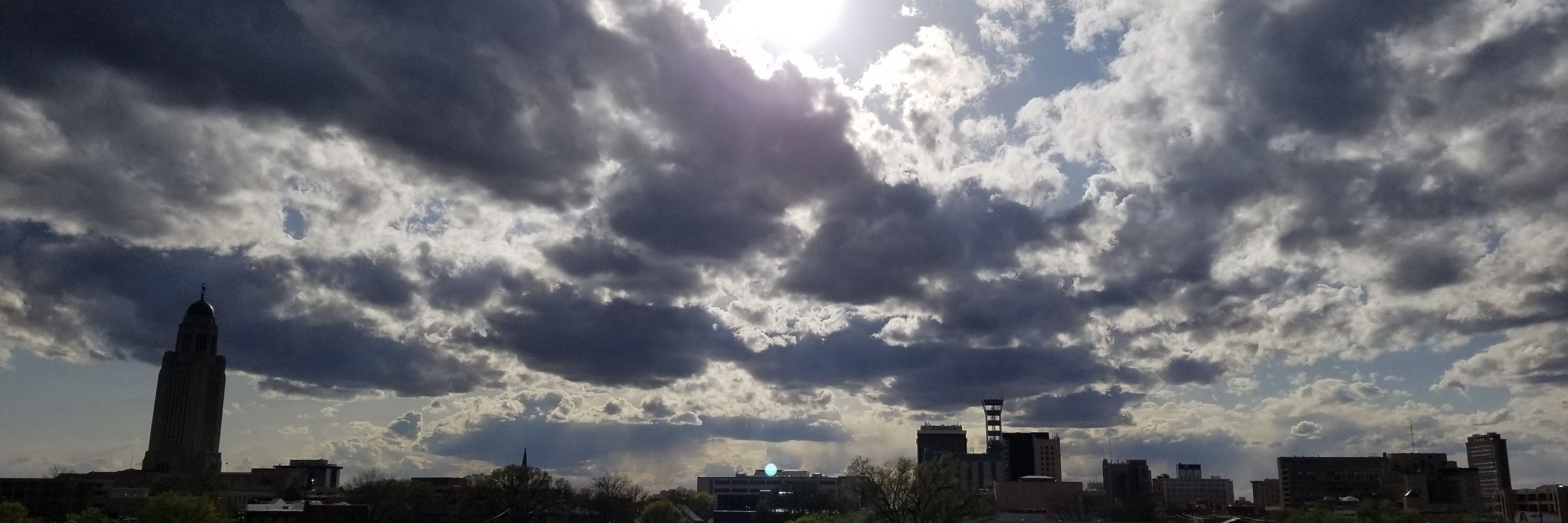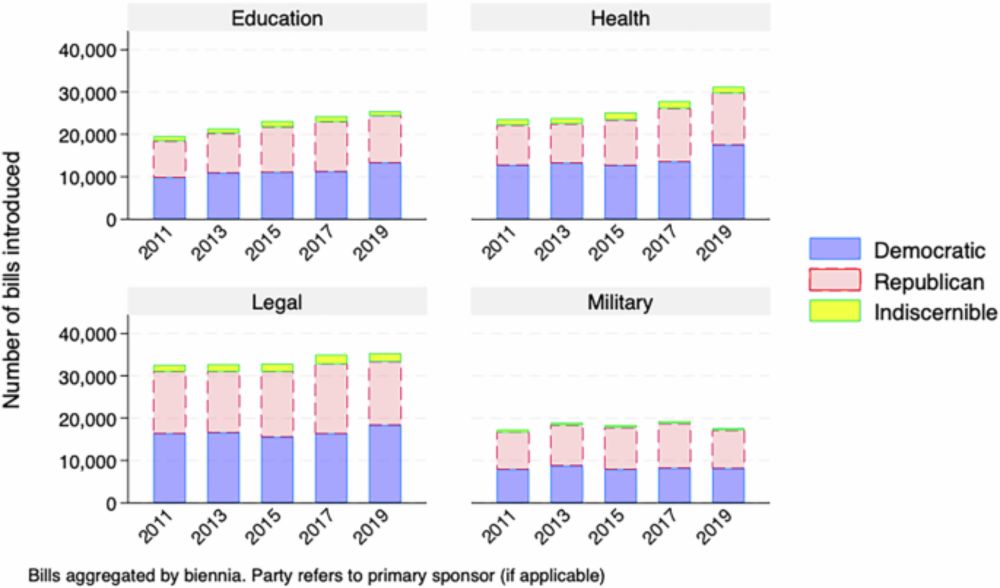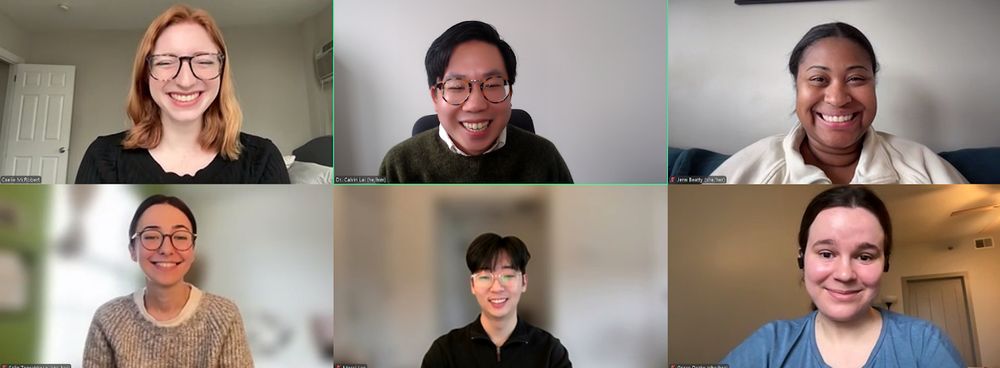Pierce Ekstrom
@pierceekstrom.bsky.social
500 followers
190 following
30 posts
Asst prof at University of Nebraska-Lincoln. Former postdoc at Wash U and UMN grad student. Political Psychologist. Studies morality, group ID, conflict, polarization.
http://pierceekstrom.com
Posts
Media
Videos
Starter Packs
Reposted by Pierce Ekstrom
Reposted by Pierce Ekstrom
Reposted by Pierce Ekstrom
Pierce Ekstrom
@pierceekstrom.bsky.social
· May 31
Reposted by Pierce Ekstrom
Pierce Ekstrom
@pierceekstrom.bsky.social
· May 20
Pierce Ekstrom
@pierceekstrom.bsky.social
· May 20
Pierce Ekstrom
@pierceekstrom.bsky.social
· May 20
Pierce Ekstrom
@pierceekstrom.bsky.social
· May 20
Pierce Ekstrom
@pierceekstrom.bsky.social
· May 20
Pierce Ekstrom
@pierceekstrom.bsky.social
· May 20
Pierce Ekstrom
@pierceekstrom.bsky.social
· May 20
Reposted by Pierce Ekstrom












